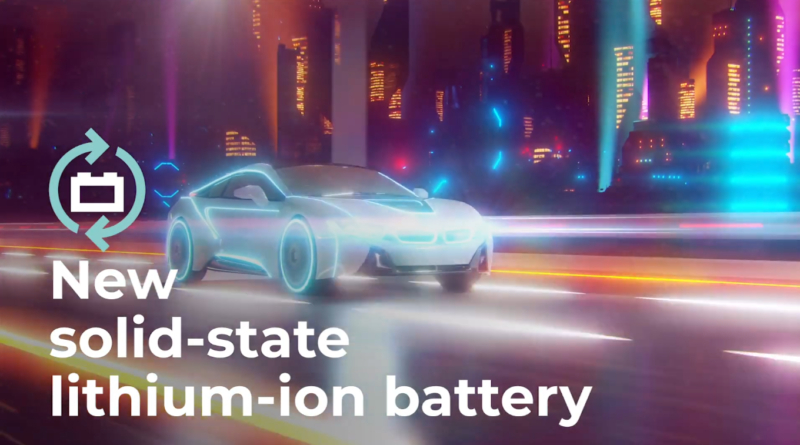A New Lithium Battery to Boost e-mobility in Europe
“To date, only 2% of the world’s passenger vehicles are electric, due to factors such as limited battery autonomy and high costs. But with the transport sector causing a quarter of Europe’s green-house gas emissions, a dramatic change is needed.” These are the first lines of the video published by the ASTRABAT research project to present in a concise and easy-to-understand way how they will foster the widespread adoption of electric mobility and help Europe reduce its green-house gas emissions. The video was released along with the project flyer.
ASTRABAT is a European initiative aiming to develop a new efficient Lithium-ion battery for the electric vehicle market. The goal is to fulfil Europe’s need for a safe, powerful, sustainable and marketable battery for green mobility that could be manufactured in Europe on a massive scale.
ASTRABAT is run by a consortium of 14 partners from 8 European countries led by France’s CEA. It includes leading research centres and universities, as well as companies specialising in batteries and energy. These partners have long track records in the field of battery technologies, including state of the art electrochemistry and modelling. The video and the flyer were developed by Fondazione ICONS, the partner responsible for the project communication and dissemination activities.
ASTRABAT is funded by the Innovation and Networks Executive Agency (INEA) of the European Commission, for a total budget of approximately €8M. The project is part of a broader drive by the European Union to boost electric mobility in order to help achieve its goal to slash green-house gas emissions by 80-95% by 2050. It is of strategic importance for Europe to come up with a competitive Li-ion battery and become self-sufficient in its energy transition models.

